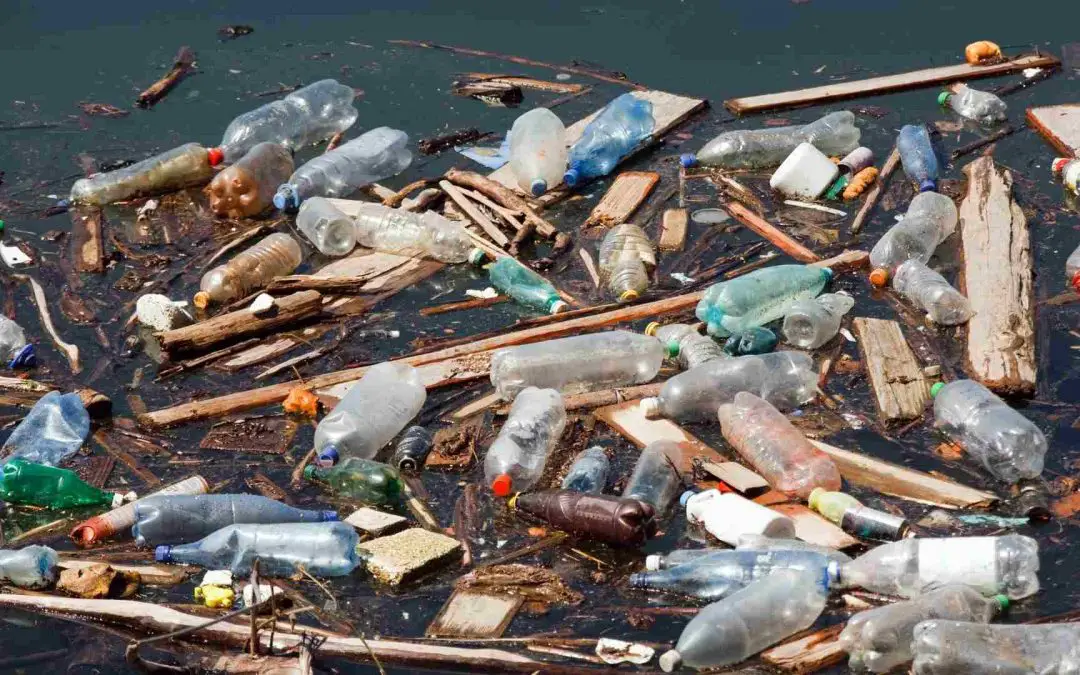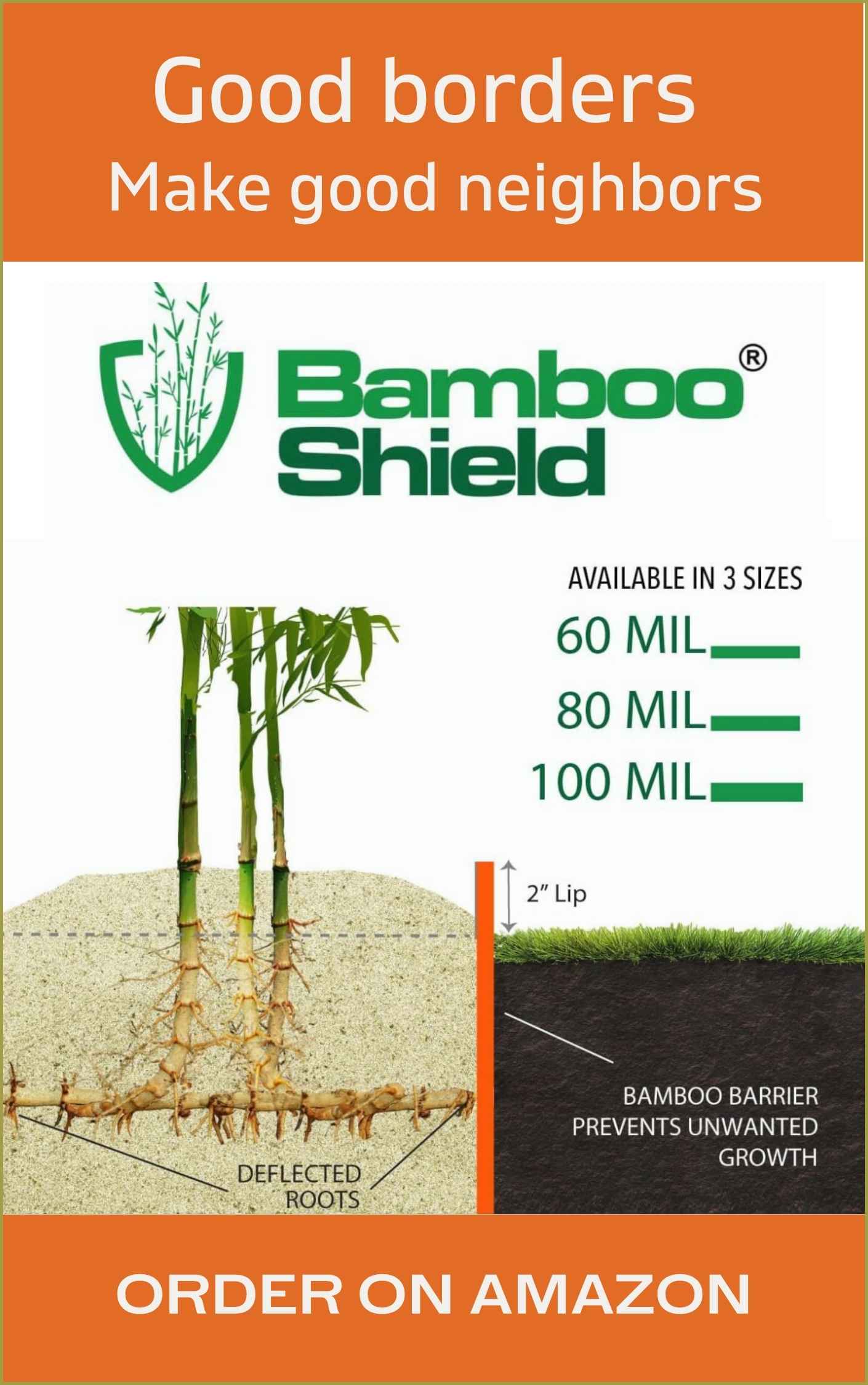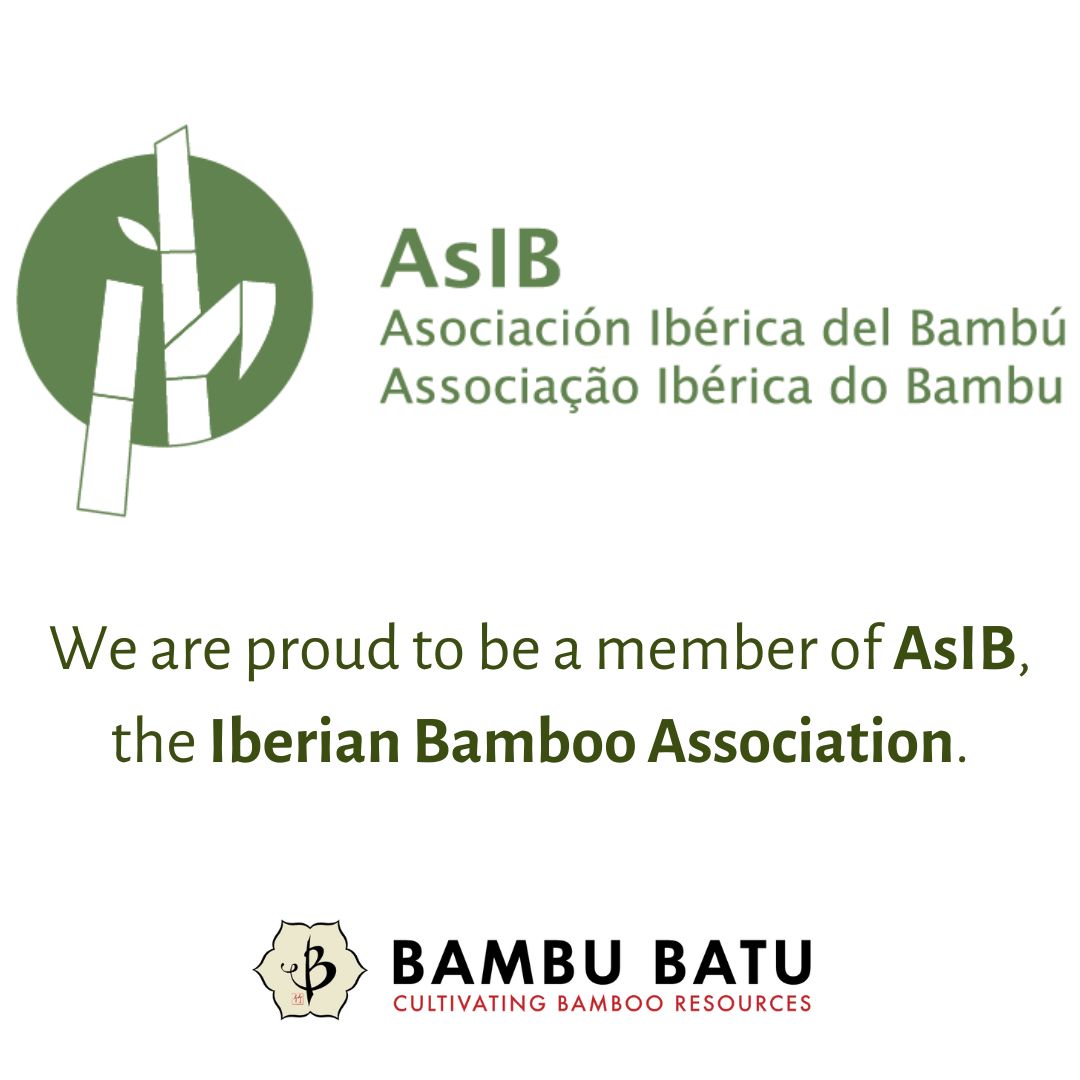Human beings produce a stunning amount of trash. Each year, so much of our garbage reaches the oceans that it has been swirled by the waves into enormous islands of refuse. So massive are these deposits, that as of April 11, our collective mess will be named as its own country by the United Nations cultural and science agency, UNESCO. The Garbage Patch will encompass five areas of floating rubbish in the North Pacific, South Pacific, North Atlantic, South Atlantic, and the Indian Ocean. The territory will have its own flag and boast a population of 36,939 tons of garbage.
The effort to designate the Garbage Patch as a country was led by Italian architect, Maria Cristina Finucci.
“I found out about the tragic islands made of plastic, but they were treated lightly by the scientific community,” Finucci told the newspaper, La Stampa. “The only thing we can do now is to stop them from getting bigger,” she said.
The inauguration ceremony will take place at UNESCO’s headquarters in Paris, complete with bottle caps and plastic bags littering the floor. While the problem of marine pollution is indeed a serious and colossal problem, there are ways in which you can simply alter your lifestyle to give the planet a little relief.
Recycle: Making sure your recyclables end up in the blue bin not only keeps trash out of the ocean, but cuts down on the energy needed to produce more new material. As an added bonus, all of your bottles and cans add up to earn you a little extra cash.
Be aware of packaging: Where you have the option, try and buy items that aren’t overloaded with plastic shells, tons of cardboard, or encased in enough metal to look like a tank. Look for foods and durable goods that use recycled content or biodegradable materials.
Ditch single-use items: Most of the trash gyres consist of plastic bottles and flimsy plastic bags. Make a fashionable and sustainable statement by bringing your own cloth bags to stores, eating utensils to take-out restaurants, and coffee mugs or water bottles to your favorite cafe. And check out Bambu Batu’s growing selection of reusable cups, bottles and utensils.
Volunteer: Lend the planet a helping hand and volunteer to clean up your local park, beach, or watershed.
Get involved: Have a favorite restaurant that still uses styrofoam? Does your town allow plastic bags and bottles? Successful petitions have been made to large companies like Jamba Juice to switch their cups, and towns across the US have begun to ban materials harmful to the environment. It can be done!
Further reading
To learn more about pollution, climate change, and the many ways you can act to prevent it, take a look at some of these other in-depth articles on our site.


























Grazie mi piace il tuo post, mi pare azzeccato, ciao